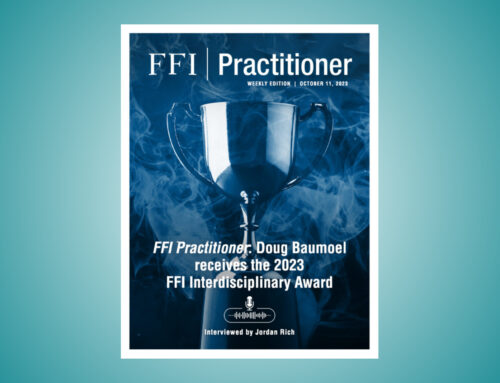Marital Mediation May Just Save the Marriage━and the Family Enterprise
A guide to what marital mediation is, isn’t, and how it can be effective
By Doug Baumoel, Samantha Denning, and Arline Kardasis
Estimated read time: 6 to 7 minutes
One of the biggest threats to a family enterprise, especially in its first and second generations, is divorce. With the value of a business concentrated among a few stakeholders, the liquidity demanded in a separation of marital assets can cripple a company and compromise succession. With so much at stake for a family enterprise, unhappily married couples must explore all options to improve their marriage before deciding to divorce.
Marital mediation is broadly defined as negotiating ways to sustain a marriage. Many couples have expressed that if they had known more about this option, they might have given it a shot.
In this article, we’ll discuss what marital mediation involves, explain how it differs from couples therapy and divorce mediation, and identify the kinds of situations for which it may (or may not) be suitable.
What Marital Mediation is Not
Marital Mediation Overview
Marital and divorce mediation actually have a lot in common as they both involve a facilitated negotiation model with similar deliverables. For example, they both require that the parties enter into the process willingly, with a signed agreement to mediate as a first step. No party relinquishes control over an outcome; they remain masters of their own fates throughout the process.
It’s also common for one party to say they prefer to initiate a divorce process while the other wants to work on the relationship. Often this is due to the divorce-leaning partner’s unfamiliarity with the process and potential benefits of marriage mediation. Therefore, it’s important for the mediator to level-set with the couple to try to get buy-in from both. Pre-negotiation of certain behaviors or outcomes might be required to achieve that buy-in.
How Continuity Can Help
Continuity Family Business Consulting is the leading authority in preventing and managing conflict within family enterprises. This often involves addressing the potential threat that a divorce poses to the well-being of both the business and the family.
We’re here to help whether you decide to call us individually, as a representative of the family, or in a conference call with a small group of stakeholders. Our first call is your opportunity to learn how we work and for us to learn about some of the issues you and your family are facing. This initial consultation is commitment-free, complimentary, educational, and helpful.
Stay in the Know
Get our latest articles, tips, and insights delivered straight to your inbox.
Share this Insight, choose your platform!
About Us
Continuity Family Business Consulting is a leading advisory firm for enterprising families. Using a full suite of service capabilities, we help families prevent and manage the single greatest threat to family and business continuity: conflict. It is through this lens that we advise our clients and build customized strategies for succession planning, corporate governance, family governance, and more. We help families improve decision making, maximize potential and achieve continuity. To inquire, contact us.












